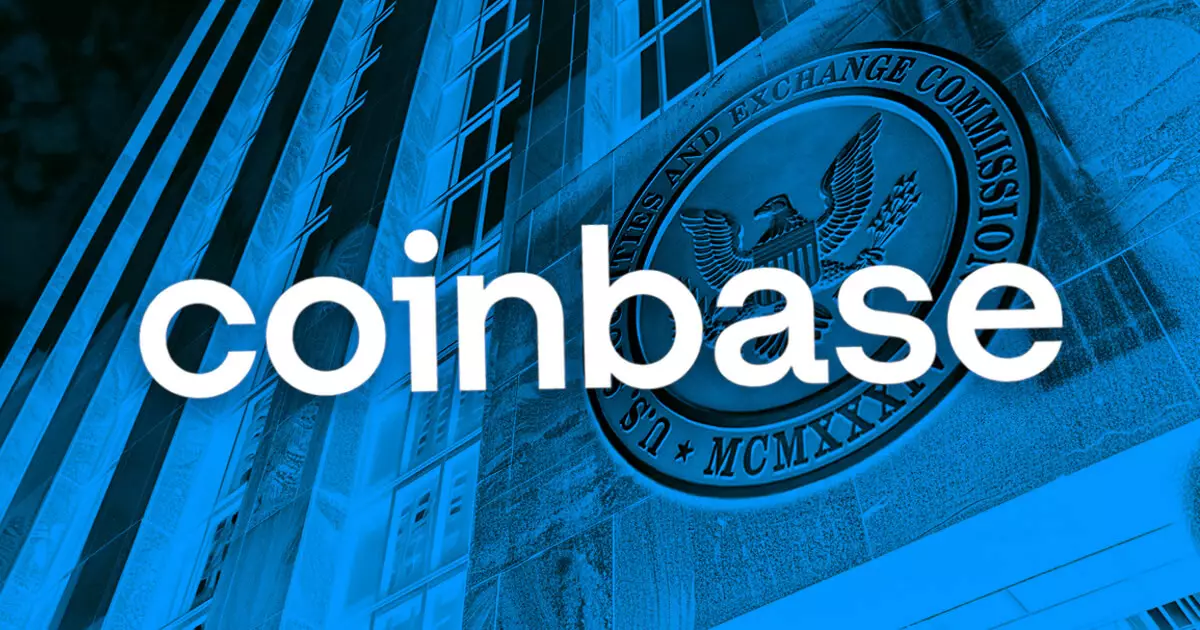The ongoing legal dispute between the United States Securities and Exchange Commission (SEC) and Coinbase, one of the preeminent cryptocurrency exchanges, has drawn considerable attention within the financial and legal sectors. Initially filed in June 2023, this lawsuit accuses Coinbase of operating as an unregistered securities broker, a claim that hinges on critical interpretations of US securities laws. As both parties gear up for what promises to be a protracted legal battle, recent developments indicate a demand for more time by the SEC, which raises questions about the broader implications for cryptocurrency regulation in the US.
On September 18, the SEC formally requested a four-month extension of the fact discovery period in the Coinbase lawsuit, pushing the deadline from October 18, 2024, to February 18, 2025. According to the SEC, this additional time is necessary to sift through a substantial volume of newly received documents, which the agency claims number in the hundreds of thousands. This request is significant as it marks the first instance in this case where the SEC has sought an extension, suggesting the complexity and volume of evidence involved.
Amidst the ongoing court order, the SEC is meticulously reviewing over 133,000 unique documents related to the case. This thorough examination is more than mere due diligence; it reflects the intricate and often contentious nature of the evolving legal landscape in which cryptocurrencies operate. The SEC and Coinbase have reportedly reached an agreement on the search terms and custodians for the documentation review, which, while seemingly cooperative, raises concerns regarding the effective management of an increasingly complicated regulatory environment.
In contrast to the SEC’s position, Coinbase is asserting that many of the digital assets available on its platform do not qualify as securities under current laws. The exchange has gone so far as to file a motion to dismiss the SEC’s lawsuit, contending that the regulator’s allegations lack substantive merit. Coinbase has described the SEC’s approach as an overreach of authority, arguing that the absence of clear guidelines on what constitutes a security complicates compliance for exchanges and other entities within the cryptocurrency space.
This argument highlights a significant gap in clarity regarding regulations governing digital assets, a matter that has caused considerable uncertainty in the industry. It reflects a broader concern shared by market players and advocates who argue that existing regulatory frameworks, built upon traditional financial models, fail to adequately account for the unique features of cryptocurrencies.
As the case unfolds, it is poised to set impactful precedents for the cryptocurrency sector. The outcome could redefine the parameters of what constitutes a security in the rapidly evolving digital asset landscape. If the SEC prevails, it may lead to a wave of regulations that could fundamentally change how cryptocurrency exchanges operate, potentially hindering innovation and investment within the market.
Conversely, a favorable ruling for Coinbase could push back against what many view as excessive regulatory practices, invigorating arguments for a more cautious regulatory approach. It could also signal to the SEC the need for clearer, more precise guidelines about what constitutes a security in the cryptocurrency realm—not only for exchanges like Coinbase but for the industry at large.
As the SEC and Coinbase prepare for their next steps, the implications of this case extend far beyond the court. The decision-making process, strategy by both parties, and eventual rulings will resonate throughout the cryptocurrency sector, affecting regulatory frameworks and potentially altering the course of digital asset trading in the United States. The legal landscape surrounding cryptocurrencies is fragile and evolving, and this lawsuit stands as a pivotal moment that could shape its future direction. Whether the outcome leads to increased regulatory clarity or further confusion remains to be seen, but one thing is certain: the eyes of an industry are keenly watching.














Leave a Reply